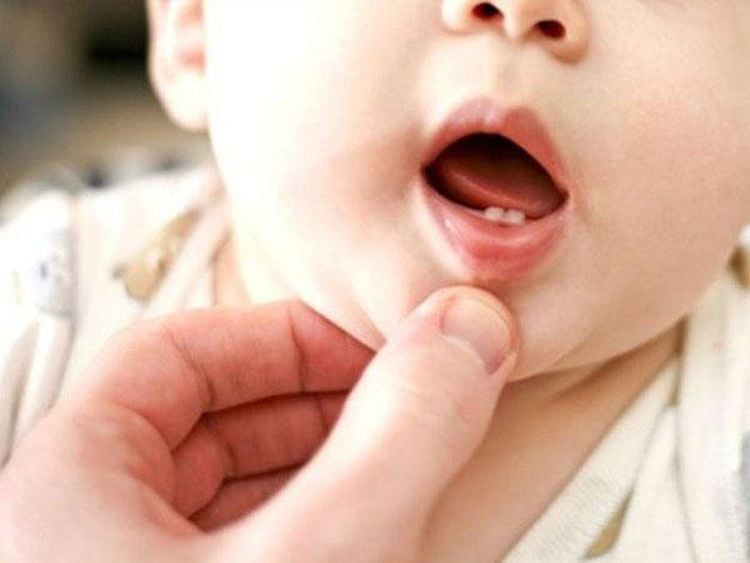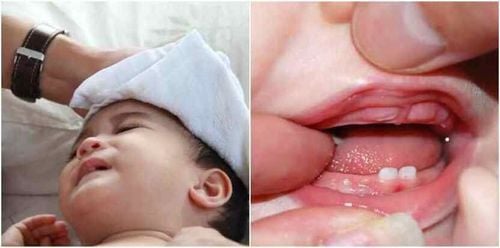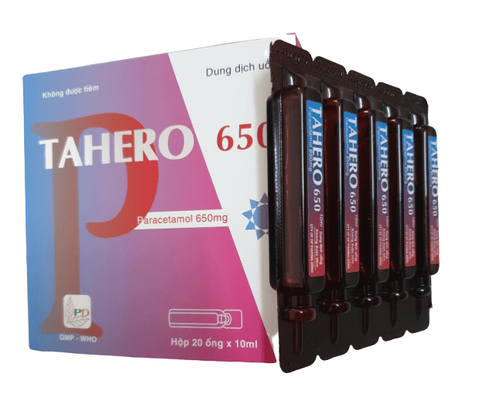This is an automatically translated article.
The article was professionally consulted by MSc.BS.Huynh Bao Toan - Neonatologist, Vinmec Nha Trang General Hospital. The doctor has 13 years of experience in the field of Pediatrics.Nutrition for young children is always an important issue for parents, especially children in the teething age. At this stage, children need to be fully supplemented with necessary nutrients, not only calcium-rich foods but also a variety of other important nutrients.
1. What should teething children eat?
1.1. Teething children should eat foods rich in calcium. Calcium is an extremely important nutrient in the formation of bone and teeth structure. Children of teething age need adequate calcium supplementation. Milk is a rich source of calcium. Children should drink a lot of milk and eat a lot of dairy products such as whey, cheese, yogurt.Some calcium-rich foods should be added to the child's daily menu including: shrimp, crab, snail, fish, soybean, dark green vegetables....
1.2. Supplement with enough vitamin D Vitamin D helps the body absorb calcium and phosphorus well, supports the formation of bones and teeth, helps bones and teeth become stronger. Many parents wonder that even though they have given their children a lot of eggs, milk, and even calcium supplements, their children still have rickets, which is caused by vitamin D deficiency leading to limited calcium absorption. regime.

Vitamin D giúp hỗ trợ quá trình hình thành xương và răng của trẻ
Vitamin D is naturally found in sunlight. Health experts recommend that children participate in outdoor activities with a reasonable amount of time.
There are very few foods containing significant vitamin D content, a few can be mentioned such as cod liver oil, chicken eggs... Therefore, the best way is to supplement with synthetic vitamin D for children.
1.3. Teething children should eat more phosphorus-rich foods. Besides calcium, phosphorus is also essential for the development of teeth and bones. However, phosphorus is a common source of nutrients, present in most animal meats. Therefore, just make sure the children's daily menu is rich and varied to have enough phosphorus sources needed.
1.4. Teething children should eat foods rich in magnesium. Magnesium creates an alkaline environment, helping the body absorb vitamin D and exchange calcium. Therefore, children of teething age should eat a lot of magnesium-rich foods such as: shrimp, crab, fish, crab, surface, green vegetables, nuts, legumes...

Trẻ mọc răng nên bổ sung nhiều thực phẩm có chứa magie
1.6. Teething children should eat more foods rich in vitamin A Vitamin A works to ensure oral health, promote bone growth, strengthen resistance, protect eyes...
Children in teething age should eat more foods rich in vitamin A such as eggs, liver, milk, dairy products, dark green vegetables, red or yellow fruits and vegetables... At the same time, it is necessary for children to supplement with vitamin A. national program at local health facilities.
1.7. Teething children should eat a lot of vegetables and fruits Vegetables are a very rich and rich source of vitamins. In addition, vegetables also contain a large amount of fiber. Fiber can help strengthen gums.

Hàm lượng chất xơ trong rau củ quả giúp nướu chắc khỏe hơn
2. What should a teething child not eat?
Children in the teething age should limit foods that stick to their teeth such as soft drinks, tea, candies... Cakes, sweets, and soft drinks also increase the risk of tooth decay in children. The reason is that the protein in saliva combined with sugar will create conditions for bacteria to grow, forming plaque that causes enamel wear, yellow teeth, tooth decay.In addition, parents should also apply some methods of changing habits and improving nutrition to support the child's teeth to develop better.
Besides, parents also need to supplement their children with essential micro-minerals such as zinc, lysine, chromium, selenium, vitamin B1, ... to fully meet the nutritional needs of children. The addition of these essential vitamins also supports digestion, enhances nutrient absorption, improves anorexia, and helps children eat well. Parents can simultaneously apply dietary supplements and functional foods derived from nature for easy absorption. The most important thing is that improving your baby's symptoms often takes a long time. The combination of many types of functional foods at the same time or continuously changing many types in a short time can cause the baby's digestive system not to adapt and completely not good. Therefore, parents must be really patient with their children and regularly visit the website vimec.com to update useful baby care information.














